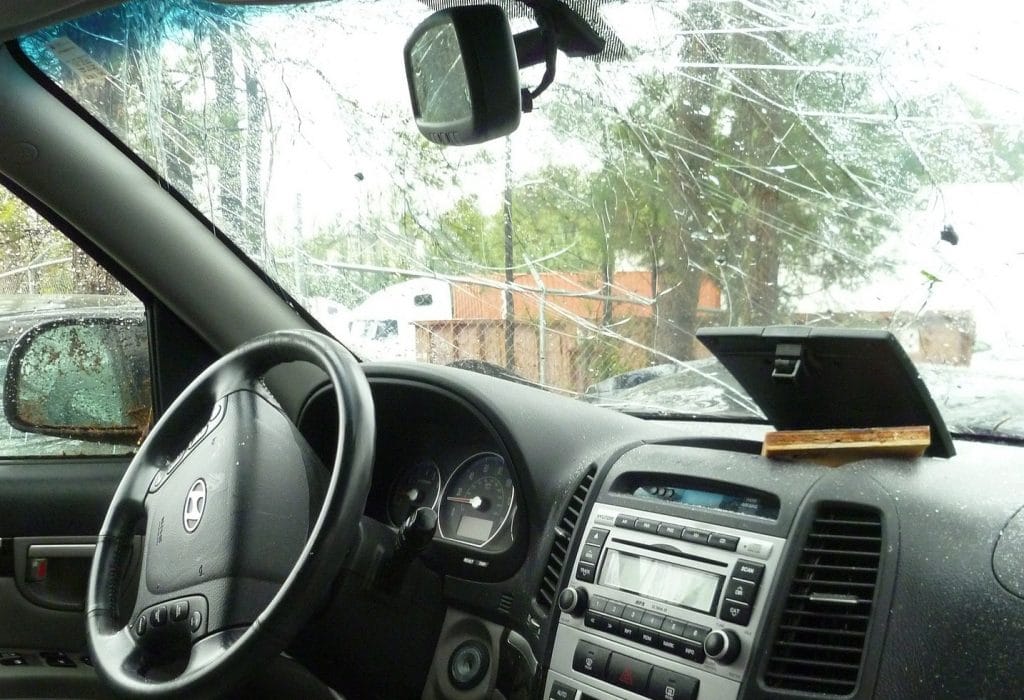Summary Judgment On Liability Reversed Over Duty To Have Trailer Brakes
Car AccidentsIn the case of Joan Sturgill v. Jose Lucas et al, Case Number 2D18-2227 (Fla. 2d DCA February 5, 2020), Florida’s Second DCA reversed a summary judgment on liability finding that there was no duty to have trailer brakes.
Facts
Ms. Sturgill was waiting with her grandchildren at a school bus stop when a pickup truck towing a trailer full of palm fronds left the roadway and struck her. Apparently another vehicle had suddenly stopped ahead of the truck and the driver of the truck pulling the trailer swerved off the road to avoid a collision with traffic ahead.
The police officer identified a lack of trailer brakes as a cause of the accident.
Midway through the lawsuit, the defense moved for summary judgment arguing that that no duty of care was owed to Sturgill because the trailer was not required under any law to have trailer brakes. The trial judge granted summary judgment in favor of the defense. The Second DCA reversed.
General Negligence Duty Should Go To The Jury
This case was ultimately reversed because the finding that there was no duty to have trailer brakes did not determine whether there was liability on the truck and trailer for some other reason under general negligence principles.
For instance, regardless of whether the trailer is required under the law to have brakes or not, it is generally a question of fact as to whether the overall driving behavior was negligent, whether the truck was following too closely, whether the trailer was overloaded, and whether the load (as it existed) presented a danger.
In deciding this case, the Second DCA cited to Limones v. School District of Lee County, 161 So. 3d 384, 389 (Fla. 2015)(citing McCain v. Fla. Power Corp., 593 So. 2d 500, 503 n. 2 (Fla. 1992)) that there are four sources of duty:
- Statutes or regulations
- Common law interpretations of those statutes or regulations
- Other sources in the common law; and
- The general facts of the case
Further, “when the duty is based on the fourth prong, the ‘factual inquiry into the existence of a duty is limited to whether the defendant’s conduct foreseeably created a broader ‘zone of risk’ that poses a general threat of harm to others.”
This is a classic zone of risk case and, as such, a court cannot grant a summary judgment on liability because the jury must still determine questions of fact on whether general facts of the case constitute negligence.
Talk To A Car Accident Lawyer About Your Case
If you have questions about how Florida law applies to your accident case, call Russo Law to talk to a lawyer. We offer free consultations and accept cases with no fees or costs being charged unless we are able to recover money. Get your free consultation with a Lakeland car accident lawyer today.


